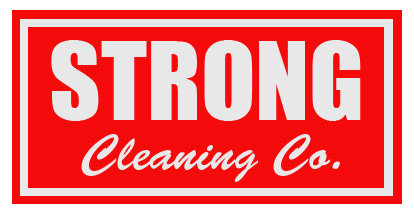LEADING Power Washing in Columbus, Ohio
Also serving Hilliard, dublin, powell, upper arlington, grove city, lewis center & more. Locally owned and Operated right here in Columbus Ohio.

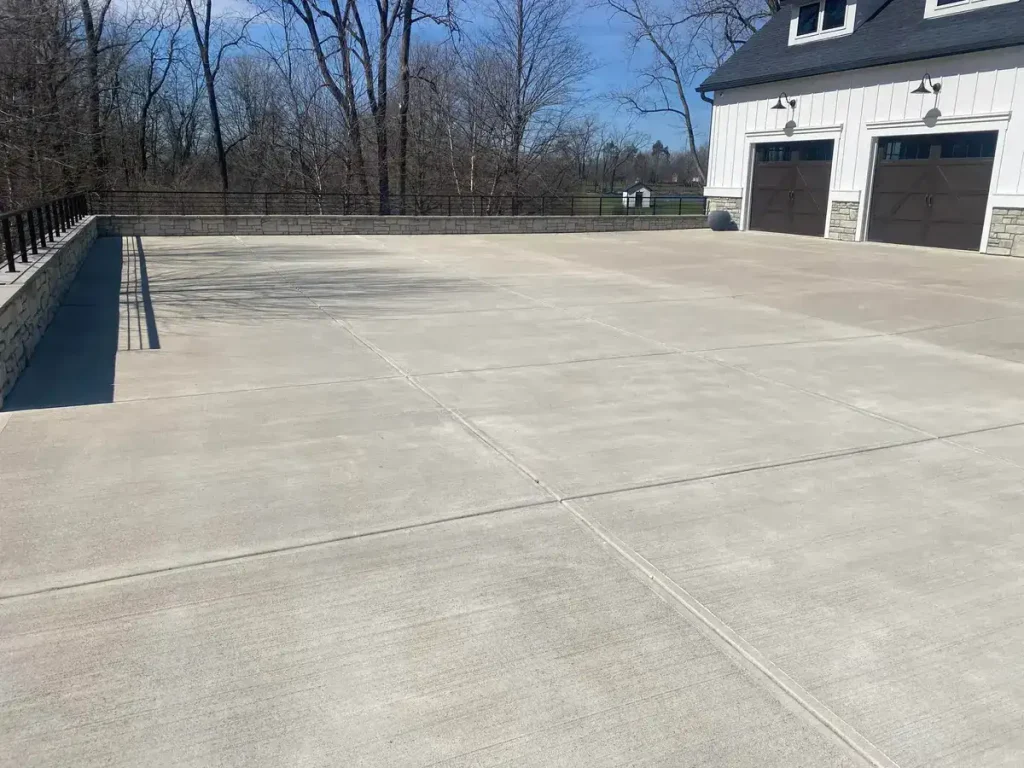
Elevate Your Columbus, OH
Property's Appearance with
Expert Power Washing
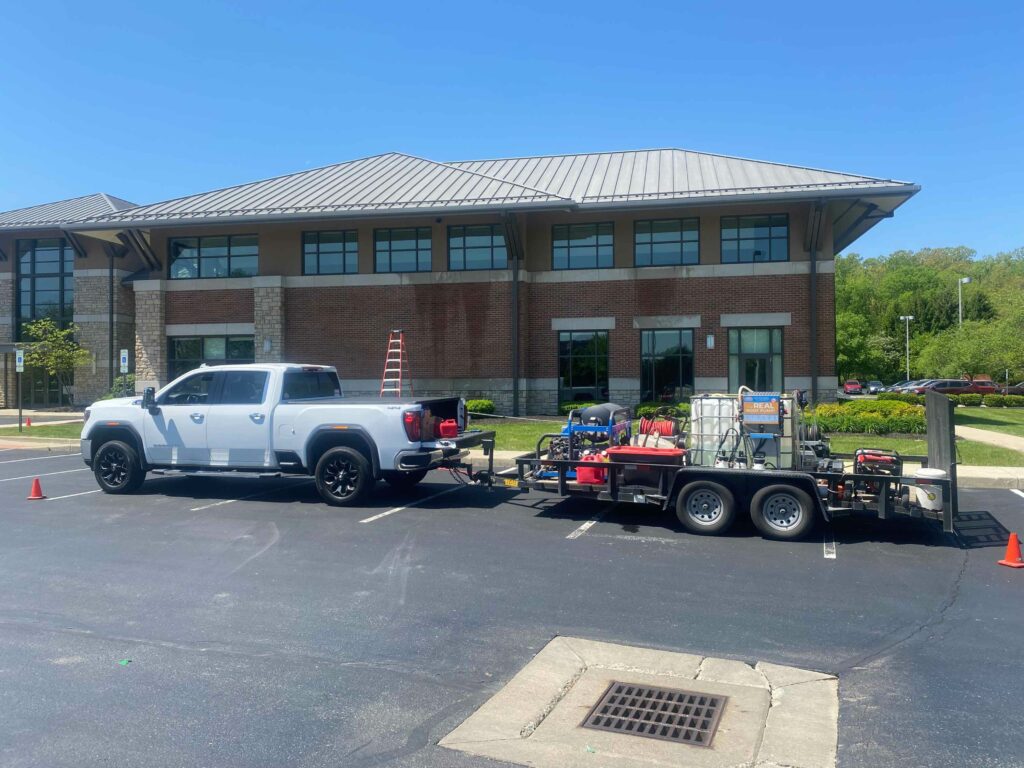
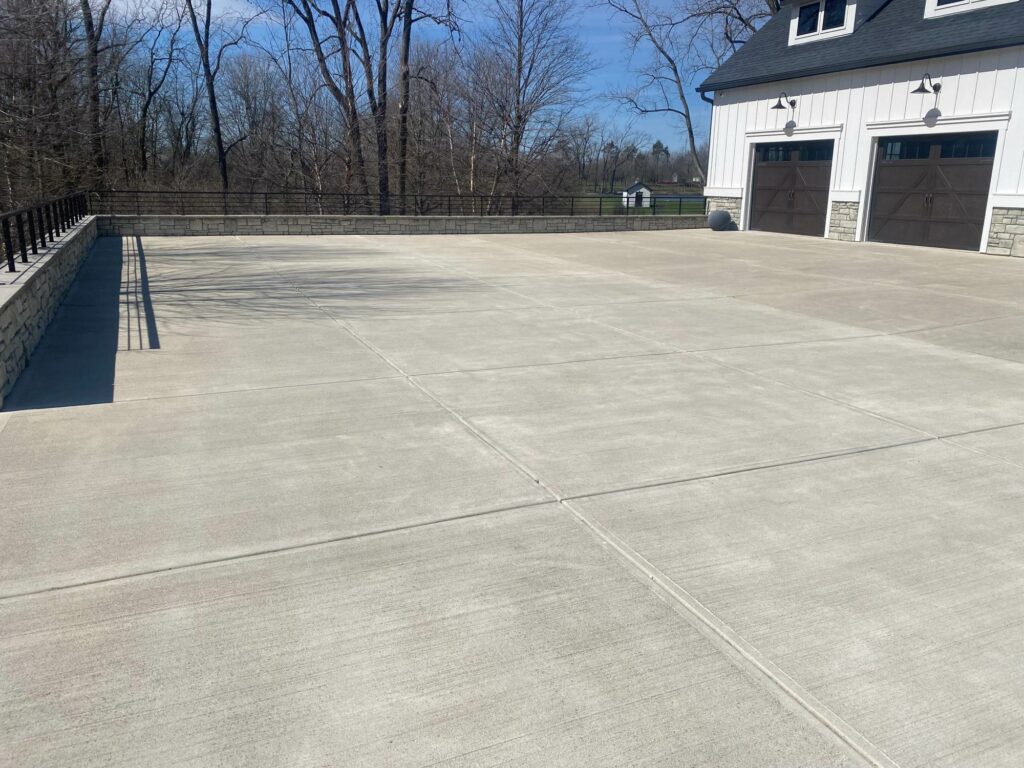
Is the exterior of your residence or commercial space in Columbus, OH appearing less than its best?
Strong Cleaning Company provides specialized power washing, soft washing, and window cleaning solutions designed to rejuvenate your property’s aesthetic appeal. We proudly serve residential homeowners, property management firms, and business owners throughout Columbus, Hilliard, Dublin, Upper Arlington, Powell, Lewis Center, Grove City, Plain City, and the greater Central Ohio region.
Our environmentally responsible and effective cleaning techniques thoroughly eliminate accumulated dirt, grime, mildew, and stains from various exterior materials, including: Siding, Driveways, Decks and Patios, Roofing Systems, And more!
The characteristic weather conditions of Columbus and Central Ohio play a significant role in the wear and tear experienced by your property’s exterior. Our professional power washing services not only enhance your property’s visual appeal but also contribute to its long-term maintenance and potential appreciation in value. As the leading cleaning specialists in Central Ohio, we are dedicated to providing durable and impactful results for private homes, multi-unit residential buildings, and commercial establishments.
Why Partner with Strong Cleaning Company?
Tailored Cleaning: Services customized for your property’s unique needs.
Eco-Friendly: Safe cleaning methods for your property and the environment.
Visual Enhancement: Revitalizing your exterior for a lasting positive impact.
Value Preservation: Maintaining and potentially increasing your property’s worth.
Local Expertise: Dependable cleaning professionals in Central Ohio.
Ready to witness a significant transformation in your Columbus area property’s appearance? Contact Strong Cleaning Company today for a free Estimate!
Our Key Services
Strong Cleaning Company specializes in delivering dependable pressure washing solutions, providing property owners with professional
Your Year-Round Pressure Washing Partner in Columbus
Throughout the year, your residential or commercial property will have various exterior cleaning needs. Fortunately, you can rest easy knowing that whatever those needs are, there’s a reliable team ready to offer top-notch power washing in Columbus, Ohio.
Here’s a quick breakdown of the extensive range of services you can reach out to us for.
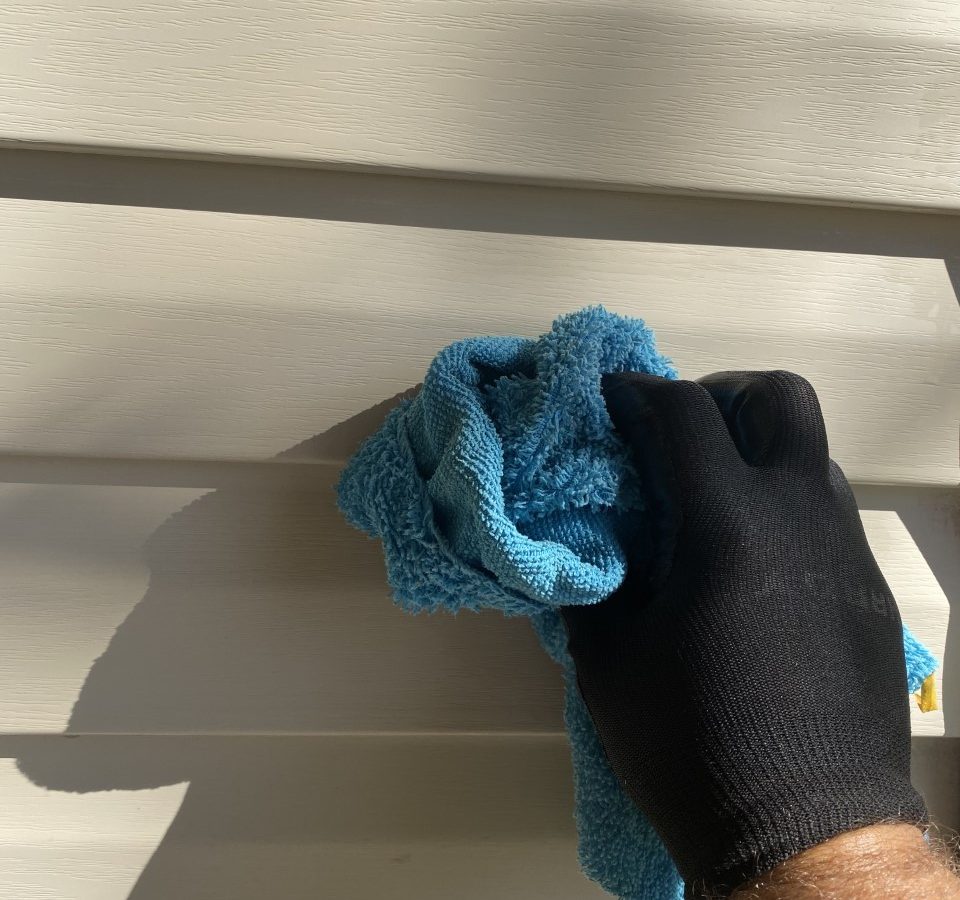
Residential Pressure Washing: Maintain Your Home's Beauty Year-Round

Keep your home looking its best with Strong Cleaning Company’s comprehensive residential power washing services, including:
- House Washing
- Driveway Cleaning
- Deck and Patio Cleaning
- Window Cleaning
- Rust Removal
- Concrete Cleaning
- Gutter Cleaning
- Soft Washing
Commercial Power Washing: Make a Great First Impression

Ensure your business’s exterior reflects the quality within. Strong Cleaning Company offers commercial pressure washing services to keep your property looking its best, including:
- Building Washing
- Storefront, Sidewalk, and Curb Cleaning
- Parking Lot and Garage Cleaning
- Exterior Cleaning for Apartment Communities & Condos
- Awning Cleaning
- Fleet Washing

Why Choose Strong Cleaning Company for Power Washing?
Trust Strong Cleaning Company to revitalize your property’s siding, patio, deck, or driveway.
We are one of the top rated Power Washing Companies in Columbus Ohio and include a satisfaction guarantee.
Property owners in Columbus choose us because of our:
Expertise
With us on the job, you know your property is in the hands of highly skilled technicians capable of delivering premium pressure washing services.
Trustworthiness
We have a solid track record of delivering reliable and trustworthy services in and around the Columbus area.
100% Satisfaction Guarantee
Our satisfaction guarantee prove the unmatched commitment we have to pleasing our customers.
Shine Brighter, Columbus, Ohio! Expert Power Washing Services to Revitalize Your Property
Before and After: See the Difference with Our Exterior Cleaning Services


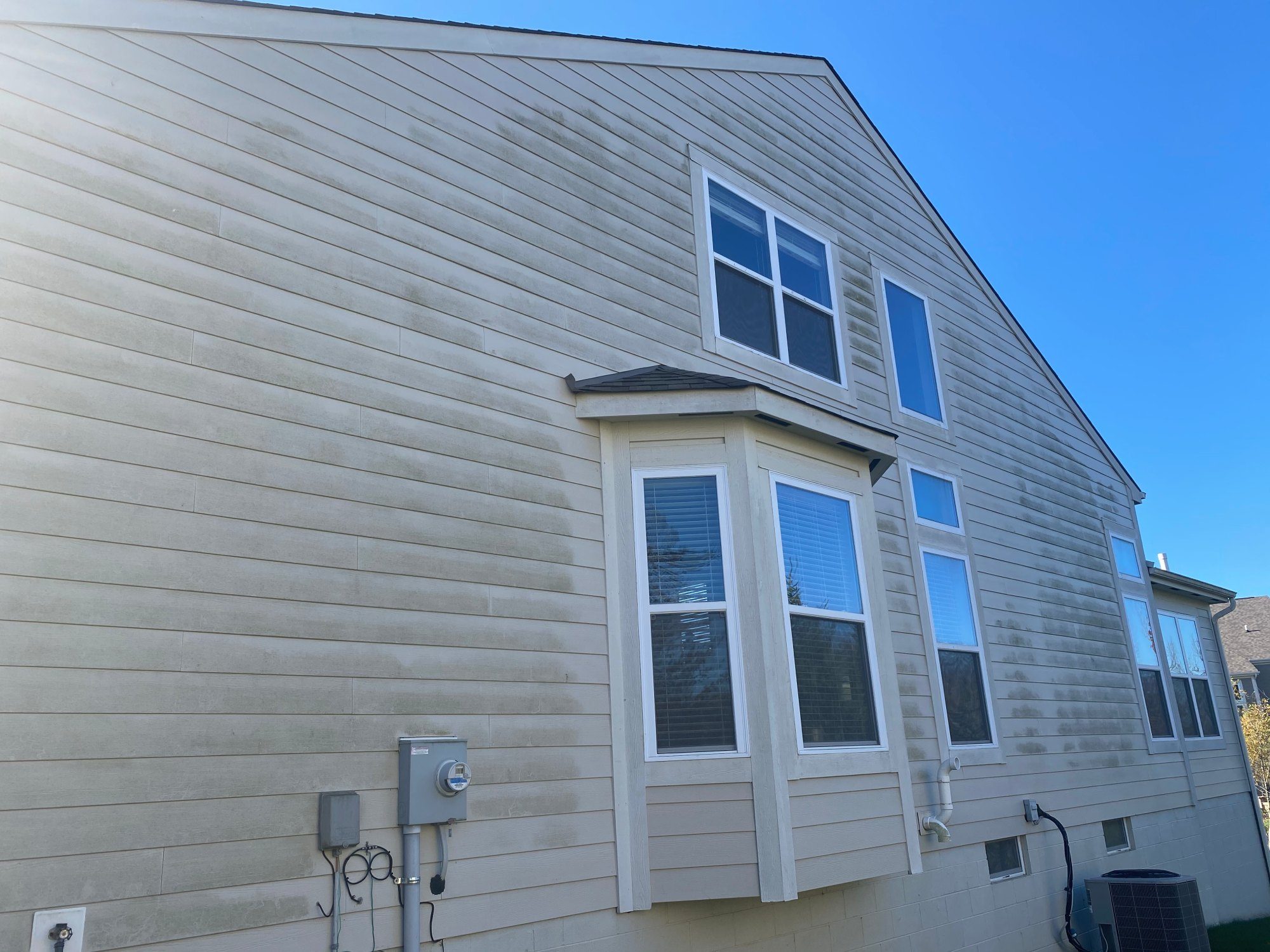



Benefits of Pressure Washing in Columbus, Ohio
On the surface, opting for professional power washing in Columbus, Ohio, might only seem like a quick way to restore your home or business’s appearance. However, our services are a lot more impactful and can help you enjoy the following benefits.
Enhanced Curb Appeal
Damage Prevention
Better Health and Safety
Simply reach out to Strong Cleaning Company at (614) 477-3460 to request your free quote and enjoy top-quality power washing in Columbus, Ohio.
What Our Customers Say About Our Power Washing Services
Frequently Asked Questions
Are you in need of professional power washing in Columbus, Ohio but are unfamiliar with what the service entails? Here are answers to some of the burning questions you might have.

How often should I pressure wash my house in Columbus or Hilliard, Ohio?
Most homeowners benefit from a wash once a year, or every 6 months if near trees, traffic, or high pollen.
👉 See our house washing options
What Types of Surfaces Can Strong Cleaning Company Pressure Wash?
Our expertise allows us to effectively pressure wash or soft wash a wide variety of surfaces, including:
- Decks
- Patios
- Siding
- Driveways
- Walkways
- Commercial properties
Is Pressure Washing Safe for My Home’s Exterior?
Absolutely. At Strong Cleaning Company in Columbus, Ohio, we prioritize the safety and longevity of your home’s exterior. Our trained professionals utilize precise pressure washing techniques and soft washing methods tailored to each specific surface material. This ensures a thorough and effective clean, removing dirt, mold, and grime without any risk of damage. Trust our expertise to revitalize your Columbus property safely and beautifully.
How Often Should I Schedule Pressure Washing for My Columbus Home?
For most homeowners in Columbus, Ohio, Power Wash Columbus Ohio recommends scheduling a professional pressure washing at least once a year. This annual cleaning effectively removes the typical buildup of dirt, grime, algae, and other pollutants common in our local environment, helping to maintain your home’s appearance and prevent potential damage. However, the ideal frequency can vary. Homes located in high-traffic areas near busy roads or those with significant exposure to environmental factors like heavy tree cover (leading to mold and mildew) or frequent pollen and dust will likely benefit from more frequent cleanings – potentially every 6 months or even quarterly, depending on the severity. Regularly assessing your home’s exterior for visible dirt, mold, or staining will help you determine the optimal pressure washing schedule to keep it clean and protected.
Can Pressure Washing Help with Mold and Mildew Removal?
Absolutely! Power Wash Columbus Ohio utilizes professional-grade electric pressure washers that, when combined with our specialized and eco-friendly detergents, are highly effective at removing mold and mildew from a variety of surfaces around your Columbus home. The high-pressure water stream dislodges these unsightly and potentially harmful growths, while our detergents work to kill the spores and prevent their immediate return. For optimal and lasting results, especially in areas prone to recurring mold and mildew, we may recommend specific cleaning solutions and preventative measures tailored to your property.
What Should I Do to Prepare for a Pressure Washing Appointment?
Preparing for your pressure washing appointment with Power Wash Columbus Ohio is simple! To ensure a smooth and efficient cleaning process, please take a few quick steps:
- Clear Obstacles: Remove any items that could obstruct our team’s access to the areas being cleaned. This includes outdoor furniture, potted plants, toys, and any other movable objects.
- Close Windows and Doors: Ensure all windows and doors are tightly shut and latched to prevent water from entering your home during the cleaning process.
- Secure Pets and Children Indoors: For their safety and to allow our team to work without interruption, please keep all pets and children inside your home during the appointment.
Our experienced and reliable team will bring all the necessary equipment and cleaning solutions to handle the rest, ensuring your Columbus home receives a professional and thorough cleaning.
What Are the Costs Associated with Pressure Washing Services in Columbus, Ohio?
Understanding the investment for professional pressure washing in Columbus, Ohio involves several key variables, ensuring a tailored and transparent approach rather than a one-size-fits-all price. The primary driver of cost is the scope and condition of the surfaces requiring cleaning. Larger square footage and areas with significant buildup of Columbus’s common grime, stubborn mold/mildew (prevalent in our humid summers), or deeply ingrained algae will necessitate more time, specialized eco-friendly detergents optimized for Ohio’s environment, and potentially advanced techniques, influencing the final estimate.
Beyond surface area and condition, consider these Columbus-specific factors impacting pressure washing costs: Surface Material Expertise, Specific Service Needs, Accessibility and Complexity, Our Commitment to Quality etc.
The most reliable way to ascertain the precise cost for your pressure washing needs in the Columbus, Ohio, metropolitan area is to contact our experienced team directly for a free, no-obligation personalized estimate. We work with your budgets and offer competitive pricing with the best quality power washing service. We’ll discuss your specific requirements, assess your property, and provide a transparent and competitive quote designed to restore and protect your Columbus home.
Can Pressure Washing Damage My Paint or Siding?
While improper pressure washing can potentially damage paint or siding, it’s highly unlikely with our skilled professionals in Columbus, Ohio. We understand the nuances of different surfaces, using the precise pressure needed for effective cleaning without causing harm. For delicate materials like certain types of siding or painted surfaces, we utilize gentle soft washing methods to ensure a safe and thorough clean. Trust our expertise to protect your Columbus home while restoring its beauty.
How Long Does a Typical Pressure Washing Session Take?
Expect a typical residential pressure or soft washing appointment in Columbus to range from two to four hours. This timeframe is a general guideline, as the actual duration depends on the specifics of your property. Factors influencing the time include the size of your Columbus home, the complexity of the cleaning project (e.g., multiple stories, various surfaces like siding, decks, and driveways), and the degree of dirt and grime accumulated due to Ohio’s weather and environmental conditions. We always provide a personalized time estimate during your initial consultation, ensuring you have a clear understanding of the expected duration for your service.
What Is the Difference Between Pressure Washing and Power Washing?
The fundamental distinction between pressure washing and power washing for Columbus homeowners is water temperature. Think of standard pressure washing as using high-velocity, unheated water to blast away surface-level dirt and debris. Power washing, conversely, elevates cleaning power by heating the water, making it exceptionally effective at breaking down stubborn, oily residues, deep-set grime, and even certain types of organic growth that are common in Ohio’s climate. When facing tough cleaning challenges around your Columbus property, such as heavily stained concrete or greasy buildup, our heated power washing service often provides the enhanced cleaning action needed for optimal results.
Why Are We the Best Choice Among Power Wash Columbus Ohio Service Providers?
Power Wash Columbus Ohio offers the best choice due to our local expertise, powerful eco-friendly cleaning, customized solutions (including soft washing), meticulous detail, reliable service, and unwavering commitment to your satisfaction in Columbus.
Proudly Serving Columbus, Ohio and Surrounding Areas

